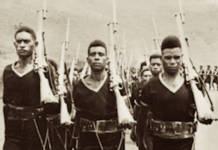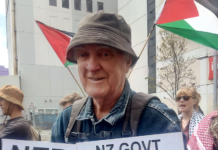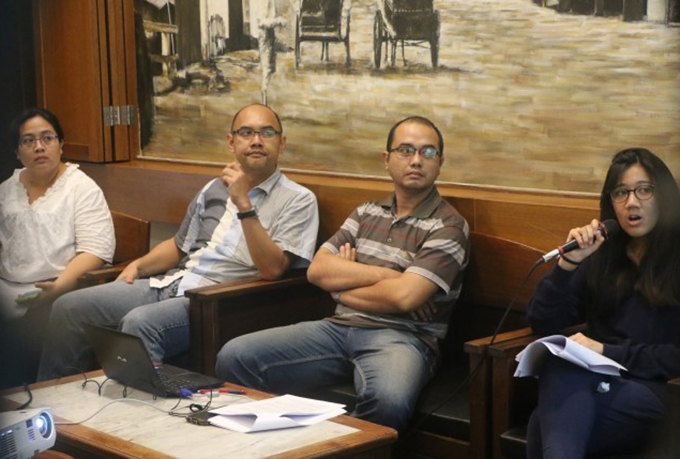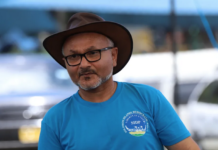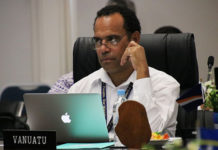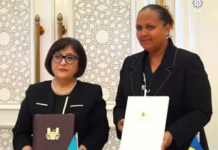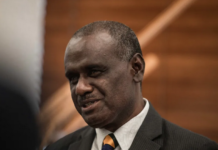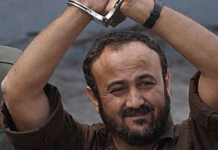The Indonesian government needs to change the policy of development which makes Papuan community a subject, says a non-government organisation that specialises in West Papuan development issues.
This has emerged in the launch of research results and discussion “From Decolonialisation to Marginalisation: Portrait of Government Policy in Tanah Papua for the Last 46 Years” held by ELSAM in Jakarta yesterday.
Research coordinator on Papuan issues Budi Hernawan said that the research focused on three issues — demographic changes in Papua and the impact of development policy, environmental degradation, and militarisation.
ELSAM provided several recommendations related to the three issues.
According to the coordinator of information and documentation of ELSAM, Ari Yurino, the transmigration programme in Papua has evidently brought negative impact to the social life of Papuan natives.
Due to the uneven transmigration and development programme, it has caused the increase of the number of migrants in Papua and the rise of conflict between the newcomers and the indigenous Papuans.
The transmigration programme must be terminated and its policy must be evaluated, Yurino said.
‘Alternative solution’
“As an alternative solution of regional development, the national government should facilitate the cooperation among regions to strengthen the local government in order to be able to seek for autonomous development,” he said.
One of the recommendations to the local government, he added, was to also formulate Perdasi (Provincial Regional Regulations) and Perdasus (Special Regional Regulations) which would encourage the assimilation of the migrants into Papuan culture through formal and informal education.
Meanwhile, in the context of environmental degradation, ELSAM’s programme staff, Kania Mezariani, said the national government needed to urgently conduct environmental auditing on all national scale projects in Papua, especially in the plantation and mining sectors.
According to her, those two sectors often became the triggers of conflicts, both locally and nationally
“The national government should focus on economic development which directly connects to the peoples’ needs,” she said.
Mezariani added that the local government should establish spatial planning in Papua and West Papua provinces in order to guarantee the life space of the indigenous Papuan people, especially related to the domination of the rainforests and lands of Papua.
Also the coordinator of human rights defenders capacity building of ELSAM, Mike Verawati, spoke about the importance of reviving community police in Papua.
‘NZ-aided community police’
“In Java, such a pattern is applied. Previously, the community police was run — through assistance from the Netherlands and New Zealand police institutions — quite successfully.
“That project should be run again. The government officers assigned in Papua should also receive the briefing about anthropology in order to understand and use the approach in accordance with Papuan characteristics,” she said.
Other than that, she also called on the national government to terminate the extension of authority to the Indonesian National Army over the defence role as specified in Law No 34/2002 on Indonesian National Army.
Budi Hernawan saisd ELSAM also urged Komnas HAM and the Attorney-General to immediately complete the documentation of human rights violations cases in Papua.
Hernawan added that local government must immediately establish a human rights protection instrument, especially like the Regional Commission on Human Rights, Human Rights Court, and Truth and Reconciliation Commission in Papua and West Papua, as mandated by Law No 21/2001 on Special Autonomy.




